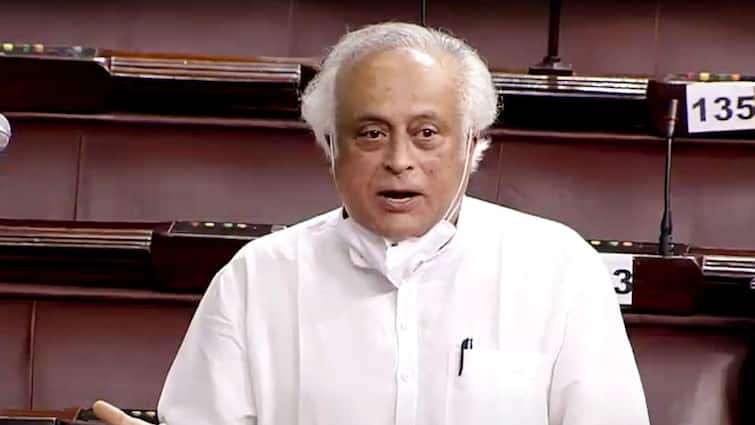The Union government’s new draft labour policy has ignited a political storm for drawing “inspiration” from ancient Hindu texts such as the Manusmriti, which codified caste hierarchy. The draft National Labour and Employment Policy, prepared by the Ministry of Labour and Employment, refers to labour as rajdharma, the sovereign’s duty, and portrays work as a sacred moral obligation within the “Indic worldview”. However, experts and opposition leaders argue that invoking the Manusmriti contradicts the principles of workers’ rights, fair wages, and social justice enshrined in the Constitution.
The draft policy notes that social norms perceive labour as a moral and sacred duty that upholds social harmony, economic well-being, and collective prosperity.
“In the Indic worldview, work is not merely a means of livelihood but a contribution to the broader order of dharma (righteous duty). This perspective recognises every worker, whether an artisan, farmer, teacher, or industrial labourer, as an essential participant in the cycle of social creation,” the policy said.
It further references ancient Hindu texts such as the Manusmriti, asserting that these scriptures articulated the ethos of rajdharma, the sovereign’s duty to ensure justice, fair wages, and protection of workers from exploitation.
The Congress on Wednesday accused the Modi government of returning to the principles of the Manusmriti through the new draft policy. The party claimed that the document promotes the text as the moral foundation of labour governance, undermining modern democratic values.
Congress general secretary Jairam Ramesh said the policy reflects the ideological leanings of the Rashtriya Swayamsevak Sangh (RSS), which he alleged had “attacked the Constitution soon after it was adopted”.
“The Modi Government’s draft Shram Shakti Niti 2025, released earlier this month for public feedback, explicitly claims that the Manusmriti embeds ‘the moral basis of labour governance within India’s civilisational fabric, centuries before the rise of modern labour law,’” Ramesh said in a post on X.


